THE HILLS ARE ALIVE. . . WITH THE THROB OF V8s. . .
Almost exclusively, the Barbados Historic Rally Carnival has enjoyed the aural excellence of howling 16-valve, four-cylinder and barking, flat-six Porsche engines.
Until now.
As entries continue to pour in for the 2015 Carnival, an unprecedented number of V8 rally car owners have added their steeds to the list of awesome rally machines headed to the Caribbean island for the 20 August to 1 September event.
For two weeks as this summer heads toward autumn, the flat-six blats and rousing twin-cam howls will be drowned-out by the mighty, deep-throated burble of great V8 rally machines of yesteryear.
Entered thus far are two Triumph TR8s of late 1970s Tony Pond and Roger Clark fame, an MGB GT V8 much more famous for '70s circuit-racing success than for rallying, and a rare Ford Perana Capri V8, similar to those so successful in historic asphalt rallies Down-Under. And there could be more V8s to come.
While the Triumphs and the MG use the Rover V8 engine, derived from the aluminium alloy Buick/Oldsmobile 215ci [3,528cc] small-block unit, the 1970 Ford Capri Perana is powered by the Ford Windsor 302ci [4,949cc] V8 engine, as used in the Ford Mustang of the same era.
As rally cars built to pound thunderously around lanes like the narrow, nadgery, bumpy - and very slippery - Barbados Historic Rally Carnival special stages, so similar to the Irish and Manx roads, where the TRs were developed, these cars are even more special. And guaranteed to excite petrolhead spectators from Barbados and everywhere else.
Most works British Leyland TR7 rally cars used the four-cylinder engine from the Triumph Dolomite Sprint, until the Leyland Competitions Department slotted the Buick/Rover V8 in place of the four-pot, to increase the car's competitiveness on asphalt. These re-homologated TR7s appeared before production TR8s were available for [US] showrooms and are therefore correctly known as TR7 V8s.
Jon Fox's TR7 V8/TR8 is one of the two currently entered in Barbados. Steeped in rallying for over 25 years, Jon and co-driver wife Jane have scored over 100 top-ten finishes in UK events. Their 1976 TR was originally built by British Leyland Special Tuning as a 2-litre, 16-valve Group 3 rally car and was converted to a V8 in 1978 by Del Lines, using works parts. After strong performances on UK national rallies, it was dry stored for 25 years. Jon bought the car in 2009 and has spent the last six years restoring it to works specification and period livery.
It represents the beginning of a new rallying chapter for the Foxes: the 2015 Barbados Historic Rally Carnival will be the first event they have contested outside the UK, and - like so many others around the world seeking the thrills of loud, sideways, driver-thrilling and crowd-pleasing rally cars - historic rallying is a new step for the couple.
Jon and Jane intend to contest a couple of shakedown events in the TR before going to Barbados: "The car is an unknown quantity and I am sure it will prove to be a real handful with its 300bhp John Eales engine," predicts Jon, adding: "The switch to historic rallying was about getting some sideways fun so [I'm] hoping the V8 growl and sideways tendencies of the TR8 will be a crowd-pleaser in Barbados."
It surely will.
Nick Dixon's Triumph is a pukka 1978 TR7 V8 factory car, built by the Competitions Department as one of the original, SJW-registered, works test cars. Its bodyshell has seen its fair share of wear and tear and Nick bought it with the intention of having his MND Motorsport operation re-shell the car, but: "I think we'll leave the re-shell until after Barbados; just in case!" reasons its owner.
The bodyshell will be tidied-up and the car will get a full mechanical rebuild before Barbados. MND's main day-to-day business is modern rally cars, but Dixon finds working on historic rally cars a welcome change. "Sometimes, it's nice to get back to basics and old-school engineering (before diffs became active!)" he says.
Nick is really looking forward to the Barbados Historic Rally Carnival: "I've not been before, but some of my customers have rallied in Barbados in the past few years and told me how good the atmosphere is, so I thought it was time we had a crack at it.
"We're going with an open mind and a result will be a bonus; we're going primarily to have a good time, and a break away from work." Admirable intentions indeed.
Both these TR7 V8s will compete in Historic Category 3, for cars made between 1975 and 1981, such as the Escort RS1800 and Porsche 911 RS.
The MGB GT V8 which will hit the Caribbean stages in August belongs to John Griffiths and represents the pinnacle of MGB performance development. Introduced to the model in 1973, the Buick/Rover V8 engine actually weighs 40lbs less than MG's four-cylinder B-Series engine and therefore improves both the speed and handling of this iconic British sports car. The GT bodyshell is also significantly stronger and stiffer than the original soft-top MGB and therefore much more suitable for rallying than the original works cars from a decade earlier.
A particularly interesting member of the Barbados V8 Brigade is Roy Smith's Ford Capri Perana V8. This model was built in South Africa for two years from 1970 by Basil Green, and is unique in being the only V8 Capri officially sanctioned by Ford, available in period from South African Ford dealers with a full Ford warranty.
The special alloy cylinder heads, inlet manifold and bellhousing fitted to the Capri Perana's 5-litre, small-block Ford V8 contribute to the Perana weighing just 9kg [20lb] more than a standard Capri 3000. The power goes through a Mustang gearbox to an lsd-equipped Australian Ford Falcon XW rear axle. In period and in standard fettle on 185 tyres, the Perana was capable of 0-60mph in 6.7 seconds and a top speed of 147mph, equivalent to the Ferrari Dino of the time. Roy's Perana is significantly quicker!
The MGB GT V8 and Capri Perana will compete in Historic Category 2, for cars made between 1968 and 1974 like Mk1 Escort RS1600s and early 'big-engine' Porsche 911s.
Unmissable: four styles of powerful, off-beat V8 burble, to enhance the already enticing sounds of twin-cam fours and flat-sixes on the Barbadian stages this year.
There are two events on two weekends and ample time for relaxation and fun in the sun - with the family; before post-summer school terms begin. The all-inclusive US$4,900 entry fee includes: return shipping of one rally car from Portsmouth UK to Barbados, entry to the Historic Rally and Rallysprint, two return flights from London, one double hotel room for 12 nights and free entry to all Carnival social events. Doesn't really need saying, but that's a good deal surely?
DATES
Thu 20 Aug: Arrive at GAIA airport, coaches to hotel, 'meet & greet' at hotel bar at 17:00.
Fri 21 Aug: Scrutiny at 17:00; welcome party at 19:00.
Sat 22 Aug: RallySprint at noon; prizegiving party after.
Sun 23 Aug: Ian Grindrod Invitational 20/20 Cricket match and Hog Roast at 12:00.
Mon 24 Aug: Rally Recce.
Tue 25 Aug: Rally Recce.
Wed 26 Aug: Late scrutiny and unrestricted testing at 15:00.
Thu 27 Aug: Rally briefing meeting and party at 19:00.
Fri 28 Aug: Rally Recce.
Sat 29 Aug: Historic Rally starting at 12:00 (11:00 sign-on).
Sun 30 Aug: Historic Rally official results posting and prizegiving on Jolly Roger pirate ship in Bridgetown Careenage at 12:00.
Mon 31 Aug: Pack up cars to ship out.
Tue 1 Sep: Coaches from hotel to airport for trip home.
If you wish to register an interest and/or have any questions, please email the Rally Carnival organiser Greg Cozier at: greg@barbadosrallycarnival.com.
Regs and schedule are on: www.barbadosrallycarnival.com.

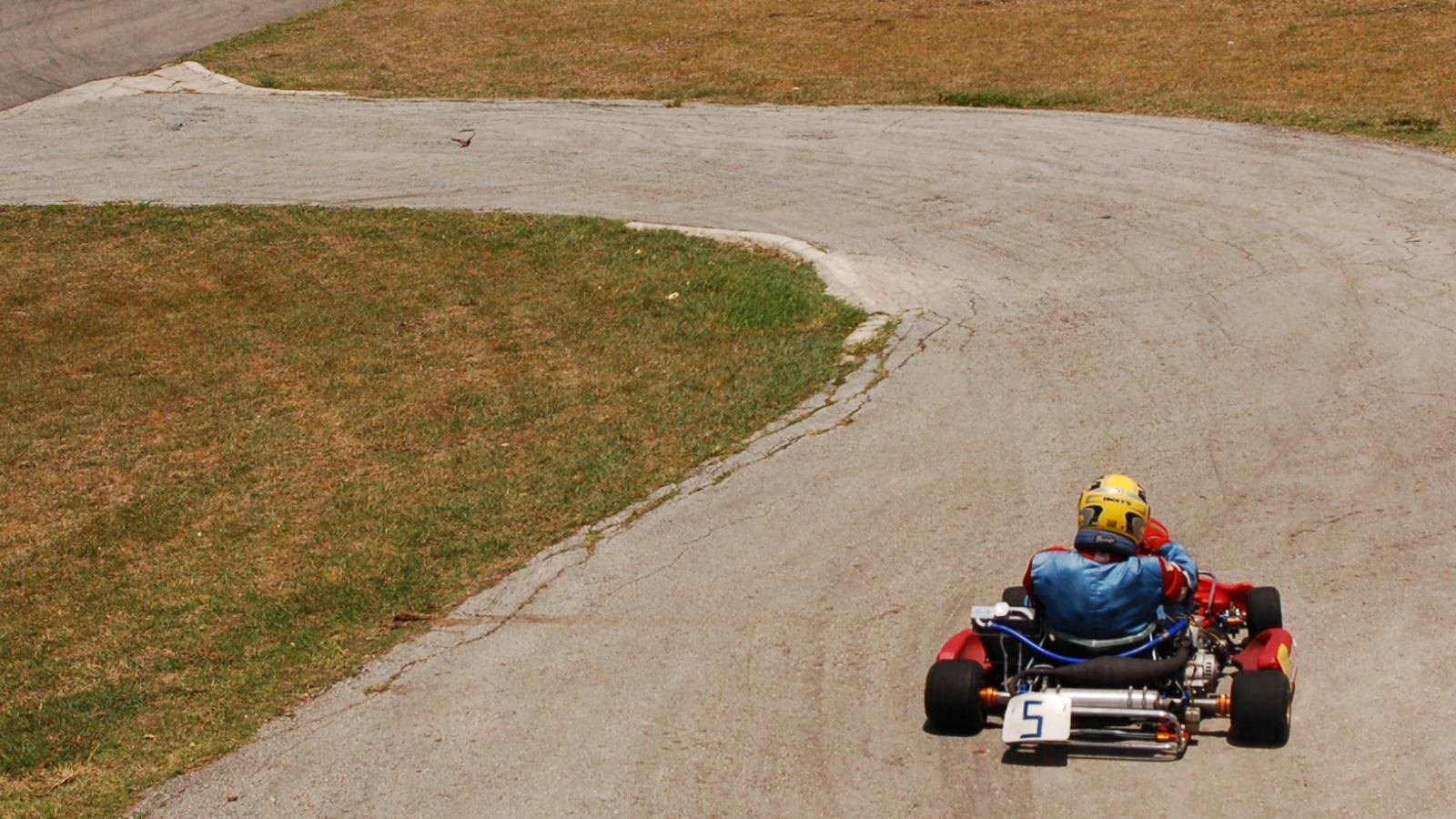
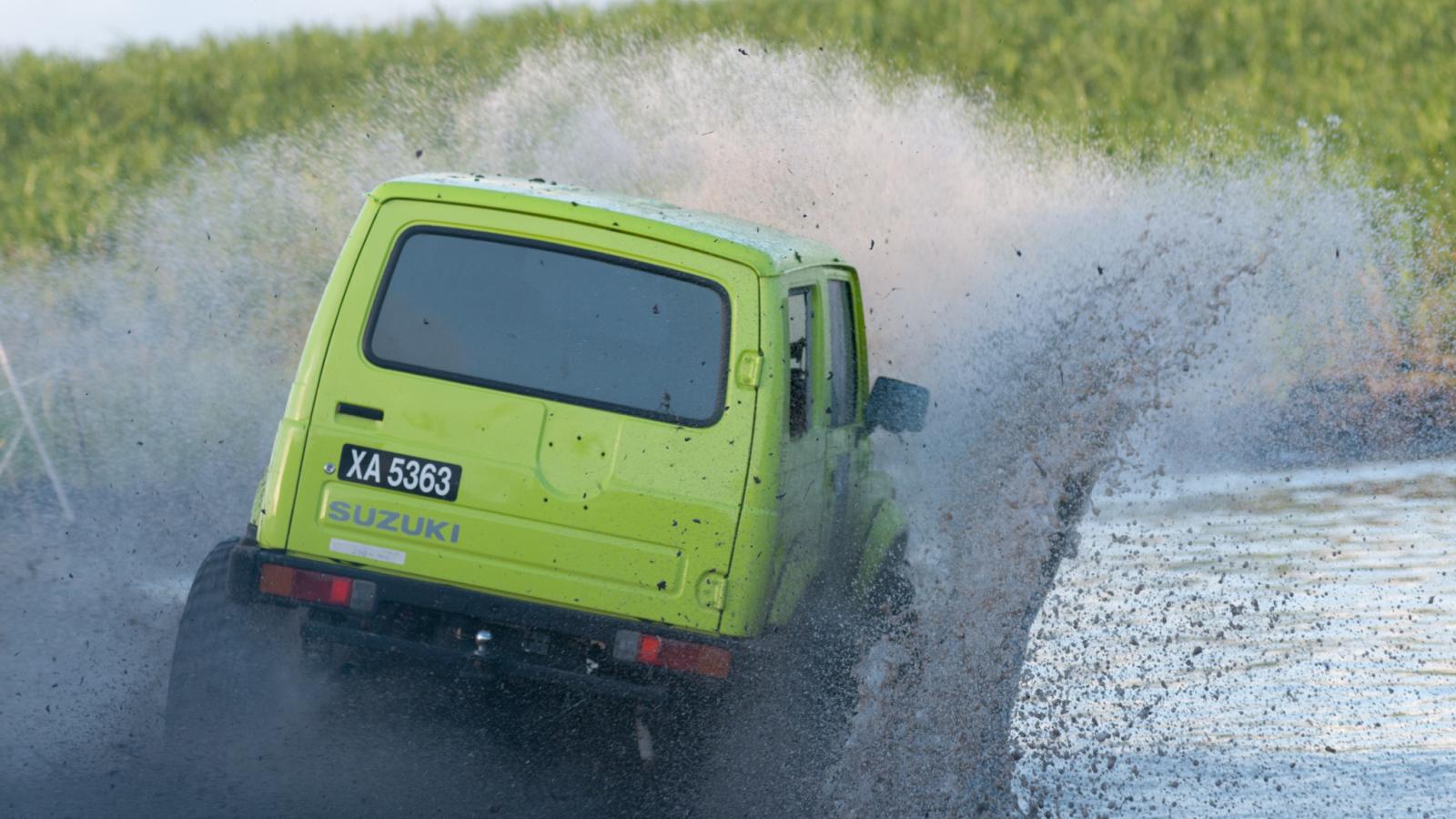
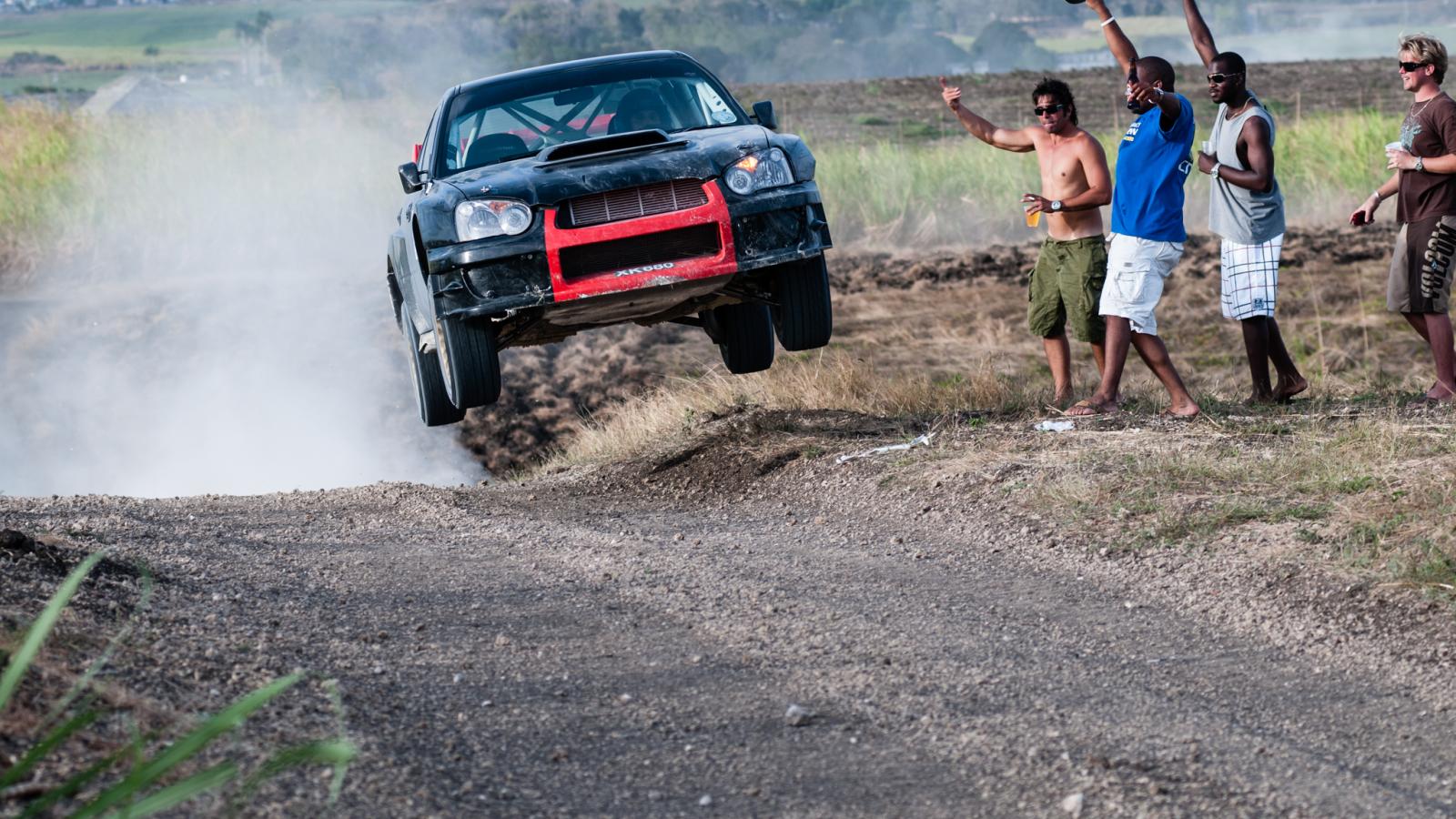
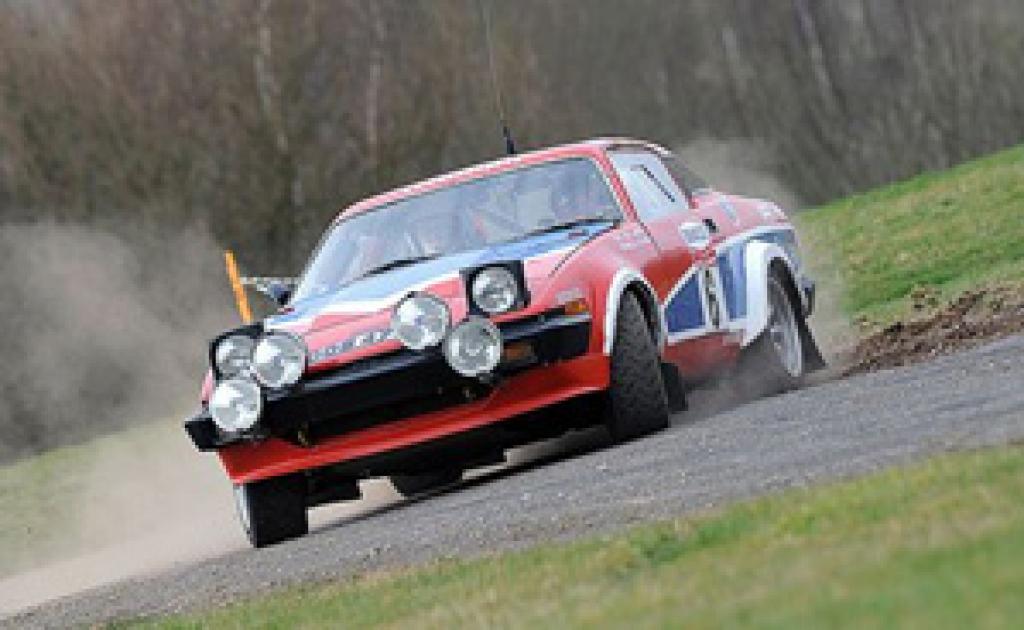
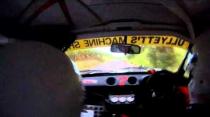
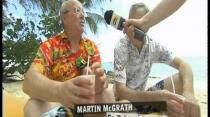
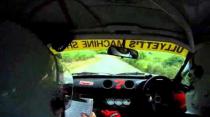

Comments